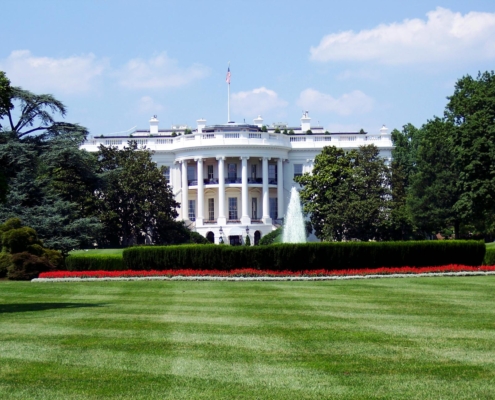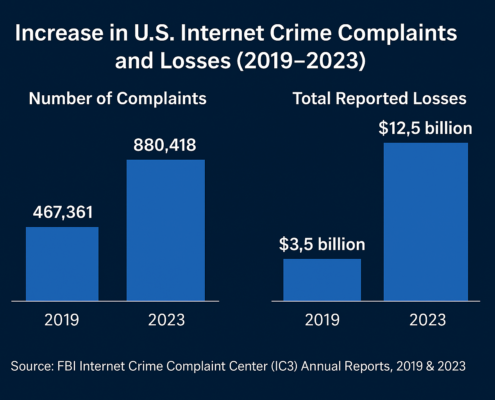13 August 2024
How will you budget for IPv4 towards Q4?
As the year draws to a close, the industry is abuzz with speculation about the future of the IPv4 market. While generally stable and predictable, this market can experience moments of panic or opportunity during periods of fluctuating supply and demand. With IPv4, however, several additional factors always come into play. Let’s explore some recent developments, examine transfer data, and conclude with a few predictions.
The BEAD funding program is already making waves, with the U.S. Government having released a portion of the $42 billion allocated to qualifying states. The key question now is when individual states will start distributing these funds to the winning organizations, and how long it will take to fully allocate the available resources—whether in months or years.
From a sales perspective, the mid-market has been particularly dynamic. To date, Brander Group has sold 426 IP subnets, a remarkable 46% increase compared to the 291 subnets sold through August 2023. This surge in sales is consistent with our dwindling inventory in mid-range subnet sizes, and we anticipate even greater shortages based on our clients’ Q4 budget allocations. Although /16 IP blocks have been slow to move this year, the overall market activity suggests that the pricing gap between /19 to /17 subnets and /16s may close sooner rather than later. However, with BEAD funding set to be released next year, /16 blocks could once again become exceedingly scarce, driving prices higher.
When we examine recent transfer data, the picture might seem less optimistic. The past two months have seen lackluster demand for IPv4, with only 126 transfer requests in July and 113 in June. Although July showed an +11% improvement over June, it was still -11% below the average of 143 requests in 2024. That said, a couple of data points are hardly sufficient to forecast the direction of IPv4 prices or availability for the remainder of this year. On average, the 143 requests in 2024 still surpass the average 137 transfer requests between 2022 and 2023. The key difference being this year’s sales are accelerating rapidly while inventory is shrinking, which opposes the trends the market has experienced in the previous 2 years.
If current trends persist, we can anticipate the pendulum to swing as we head into 2025. Rising demand will likely drive-up prices, so now is the time to secure IPs while inventory remains available, and rates are still favorable.
Other Popular Blog Posts
Discover more from Brander Group
Subscribe to get the latest posts sent to your email.


 2024
2024